Your support helps us to tell the story
From reproductive rights to climate change to Big Tech, The Independent is on the ground when the story is developing. Whether it's investigating the financials of Elon Musk's pro-Trump PAC or producing our latest documentary, 'The A Word', which shines a light on the American women fighting for reproductive rights, we know how important it is to parse out the facts from the messaging.
At such a critical moment in US history, we need reporters on the ground. Your donation allows us to keep sending journalists to speak to both sides of the story.
The Independent is trusted by Americans across the entire political spectrum. And unlike many other quality news outlets, we choose not to lock Americans out of our reporting and analysis with paywalls. We believe quality journalism should be available to everyone, paid for by those who can afford it.
Your support makes all the difference.Conservative MPs are threatening to block Theresa May’s plan for a “customs partnership” with the EU – claiming it would stop the UK doing meaningful trade deals with other countries after Brexit.
Brexiteers have claimed that other countries are “queuing up” to strike trade agreements with Britain after it leaves the bloc, and that the supposed benefits of leaving the EU would not be realised under the PM’s plan.
In reality, though, the situation is more complicated. First of all, there isn’t a lot of evidence that signing new free trade agreements (FTAs) would deliver an economic boost anything like enough to compensate for the hit from leaving the EU single market and customs union. The Institute for Fiscal Studies says “simple arithmetic” and “a basic understanding of trade” show the gains from such FTAs are likely to be small.
But another problem is that countries aren’t exactly queuing up to do deals with Britain – or where they seem to be, things aren’t as straightforward as they appear.
The United States

Donald Trump has said he wants a “big and exciting” trade deal with the UK, which sounds promising. In reality, however, the price of such a trade deal could be so high as to be unworkable.
A previous US-EU attempt at a trade deal, called the Transatlantic Trade and Investment Partnership, failed after Mr Trump suspended negotiations because it wasn’t favourable enough to the US. But on this side of the Atlantic, even that deal was equally controversial because of US stipulations on scaling back welfare and hygiene rules for farm animals, as well as opening up public services like the NHS to US private corporations.
With polling showing the public firmly against US foodstuff such as chlorinated chicken coming to Britain, any deal likely to be acceptable to Mr Trump would be sure to contain extremely unpopular and controversial elements – particularly if it were to be negotiated at speed.
China
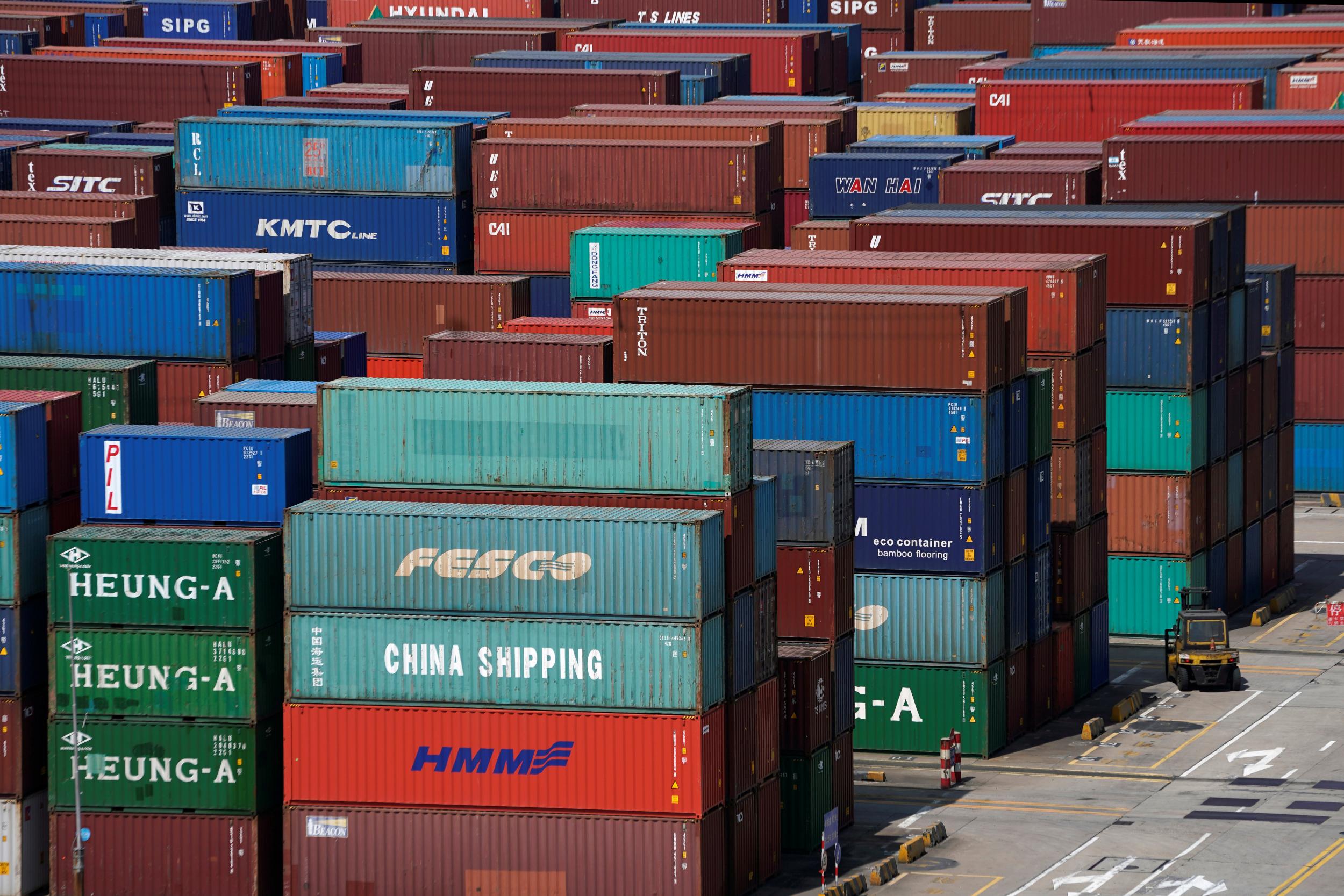
China’s approach to post-Brexit trade has been cautious, despite multiple visits from senior British politicians to pay their respects and drum up support.
The country’s envoy to the EU, Zhang Ming, has specifically said that China would not open trade negotiations with Britain if the UK did not manage to conclude a withdrawal agreement with the EU – which some Brexiteers are pushing for.
President Xi Jinping called for a “golden era” of relations before Britain voted to leave the EU, but enthusiasm has been less obvious since the referendum.
Following Britain’s decision to leave the European Union, Liu Xiaoming, China’s ambassador to the UK, warned Chinese firms operating in the UK they should now take “precautions” – widely interpreted as coded support for the defeated Remain campaign.
Japan
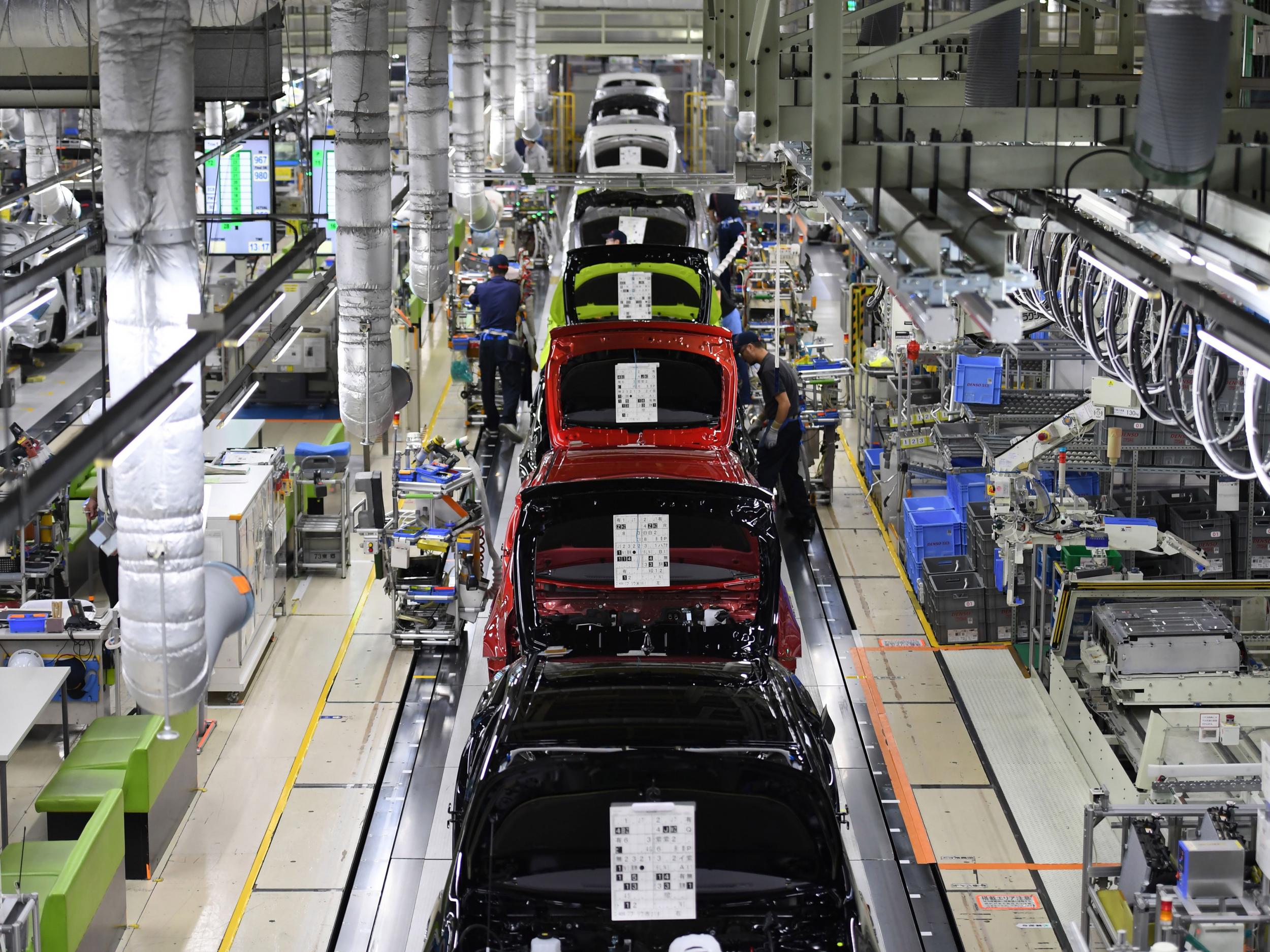
Japan has been among the most vocally negative about Brexit and explicitly said it would prioritise the EU for trade deals over Britain.
The country, which reportedly sees Brexit as an act of “self-harm”, said doing a deal with the EU – which would now not apply to Britain – would be “first and foremost a priority” over negotiating anything with the UK, according to its diplomatic minister.
Japanese companies are particularly concerned about the UK’s exit from the single market and customs union, which is seen as important for industries like carmaking, which rely on frictionless trade set to come to an end under current government plans.
Businesspeople from the country who met with Theresa May earlier this year told her openly that they would leave the UK if they could no longer make a profit under the new arrangement.
Canada
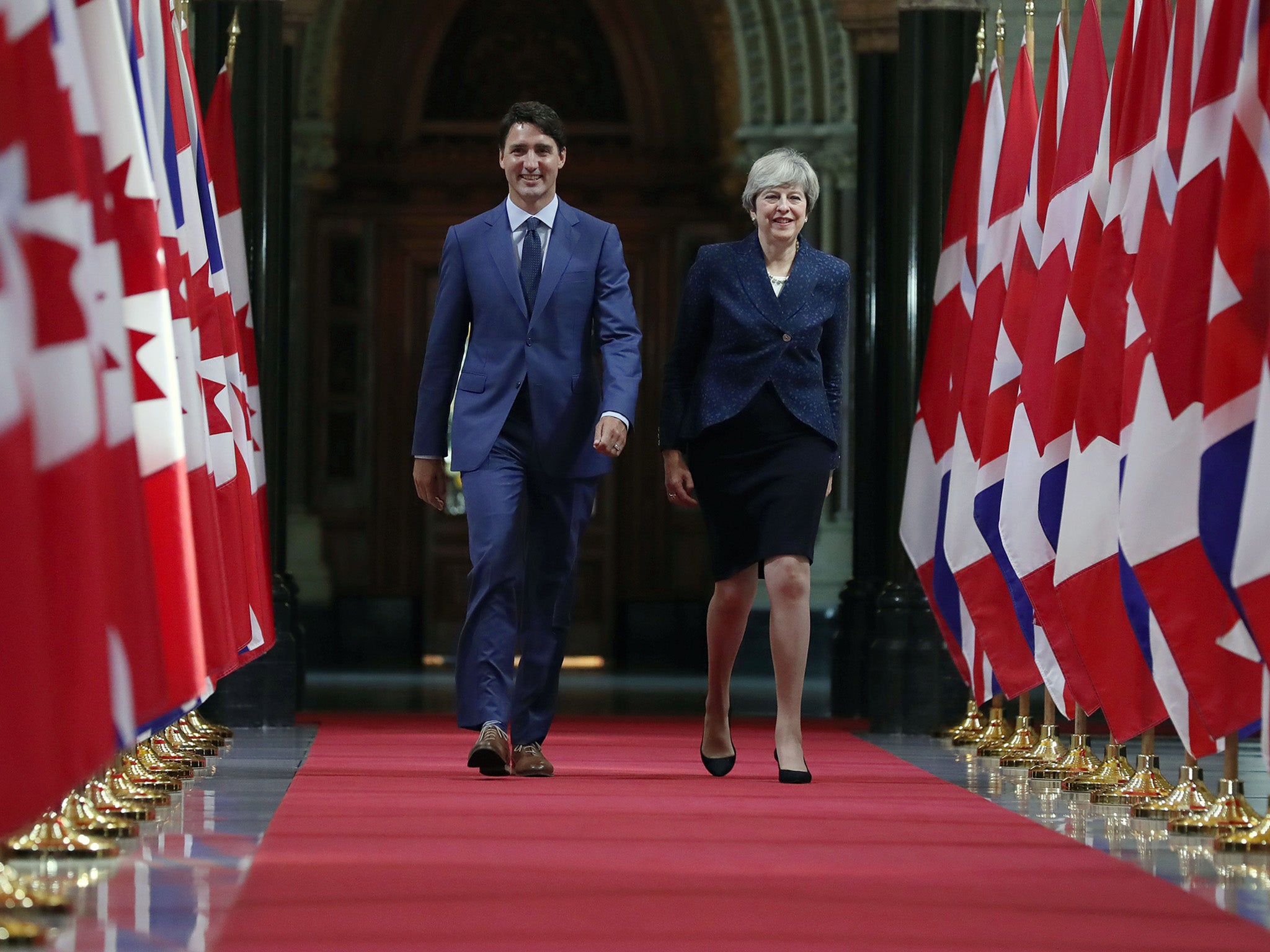
Canada’s Prime Minister Justin Trudeau has said he wants a “seamless” trade deal with the UK – aiming to “flip over” a new agreement between Canada and the EU so that it still applies to Britain.
This sounds positive, but there are three significant things to bear in mind. The first is that even if this goes well, there would be no gain for Britain – it would merely be replicating an existing trade deal that the UK already benefits from as an EU member.
The second is that it may not be as simple as it sounds: little progress has been reported so far on issues such as what share of the EU’s quotas belongs to Britain. The third is that Canada is not a huge economy, equal to one of the larger 28 EU member states – its GDP sits roughly between Italy and Spain.
India

Yashvardhan Sinha, India’s high commissioner to Britain, has specifically said the country is not in a “rush” to do a trade deal with Britain after Brexit.
India, whose economy is set to overtake Britain’s in size over the next few years, has been in trade talks with the EU for a trade deal since 2007.
In fact, the country does see Brexit as an opportunity to do a deal – with the EU. Britain has been holding up a trade deal between India and the EU by opposing the more liberal immigration and visa regime sought by the South Asian country’s government. Another sticking point is the sky high tariffs on Scotch whisky imposed by India, which Britain would not accept as part of a deal.
Despite a series of limited commercial agreement already inked between the two countries, both these obstacles would remain to a full UK-India deal after Brexit – indeed, Delhi has specifically said it wants visa liberalisation as a condition.
Mercosur
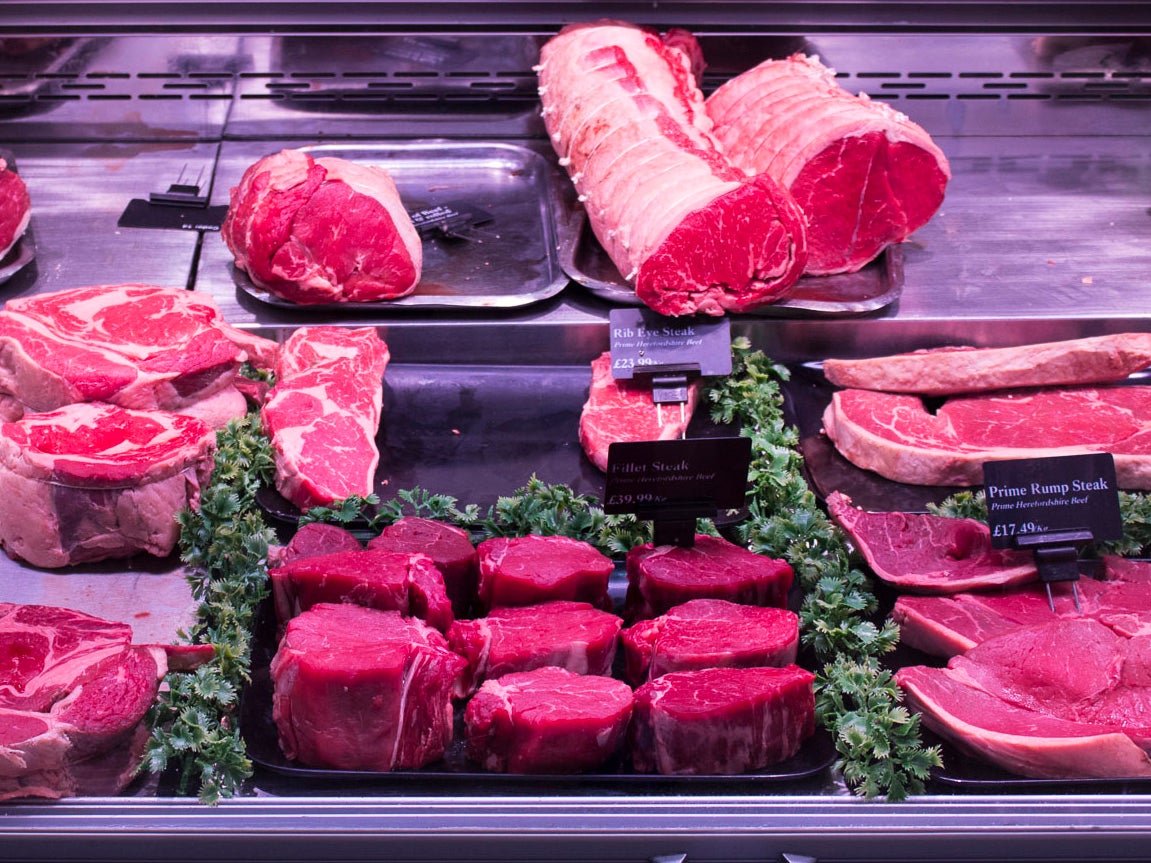
Mercosur is a South American trade bloc that includes Argentina, Brazil, Paraguay and Uruguay – which must be dealt with collectively for trade deal purposes because they’re in a customs union together.
Brazil and Argentina have both expressed an enthusiastic interest in doing a possible deal with Britain – with the most notable outcome a flood of cheap South American beef into UK markets. That means lower prices for British consumers, though potentially difficult times ahead for this country’s beef producers.
The South American bloc is already negotiating a separate trade deal with the EU, having relaunched stalled negotiations in May 2016 as the UK voted for Brexit. A trade deal with Britain might be more simple to conclude than one with the EU, however, because the UK has fewer and weaker agricultural interests than most European countries.
Mexico
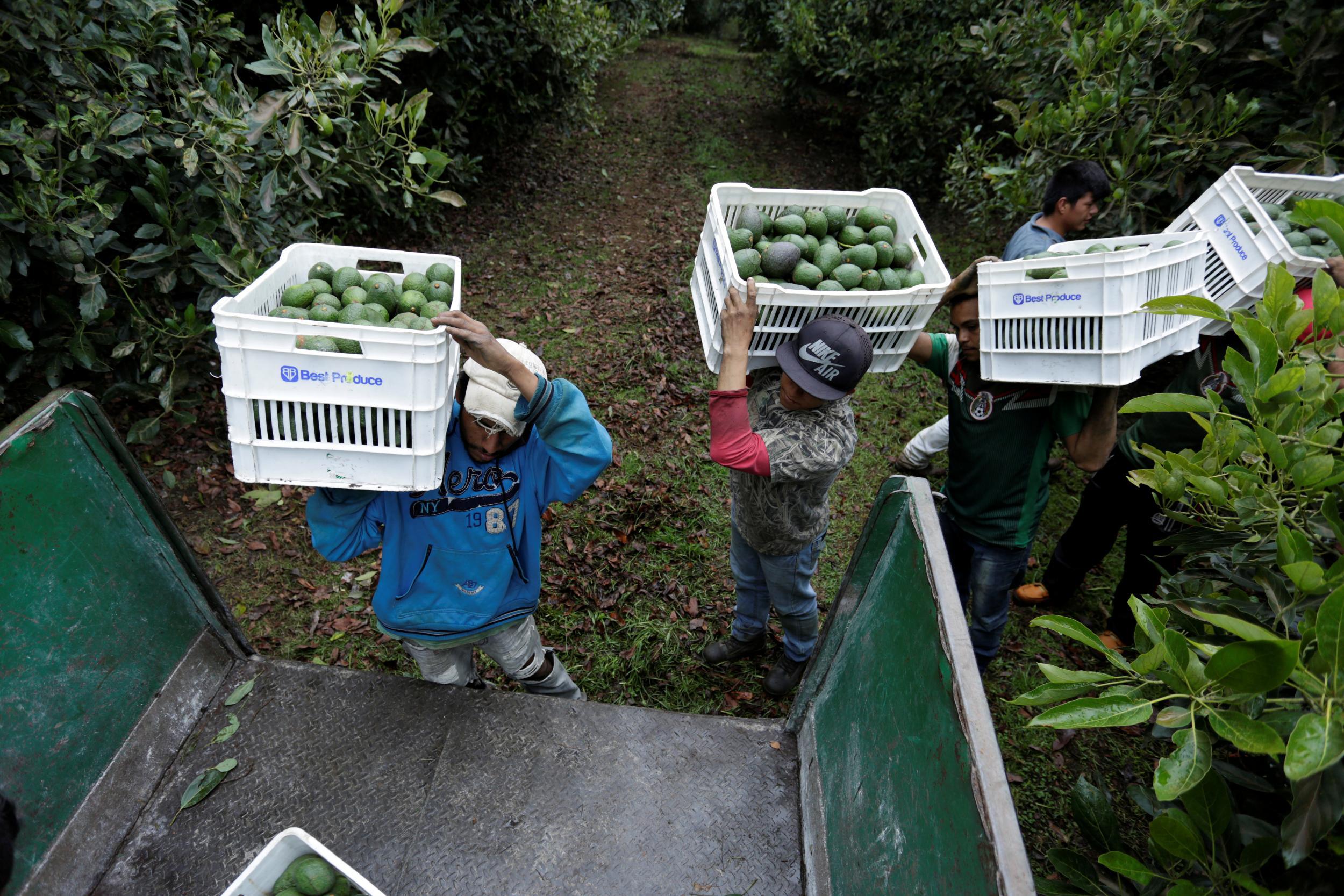
The European Union and Mexico reached an agreement on a trade deal in April of this year, getting rid of practically all tariffs. The deal is currently being finalised into a legal text.
Trade secretary Liam Fox has said he wants to roll over this EU trade deal to keep its benefits after Brexit – but as with Canada’s EU deal, the process might not be straightforward, and there has been little reported progress so far.
South Korea

South Korea is in a similar situation to Canada: the EU has a trade deal with the East Asian country already, and Britain wants to roll it over once it leaves to keep the benefits.
As with the other countries in a similar situation, this will not be straightforward – but British business have notably raised concerns that South Korea in particular will ask for concessions and favourable terms from the UK to keep continuity. The Department for International Trade says it has “already held discussions with more than 70 countries” and insists “none have displayed any interest in disrupting trade flows, or in erecting barriers to trade that do not currently exist” – but trade experts are concerned that countries will use the UK’s situation to try to extract favourable terms.
Australia
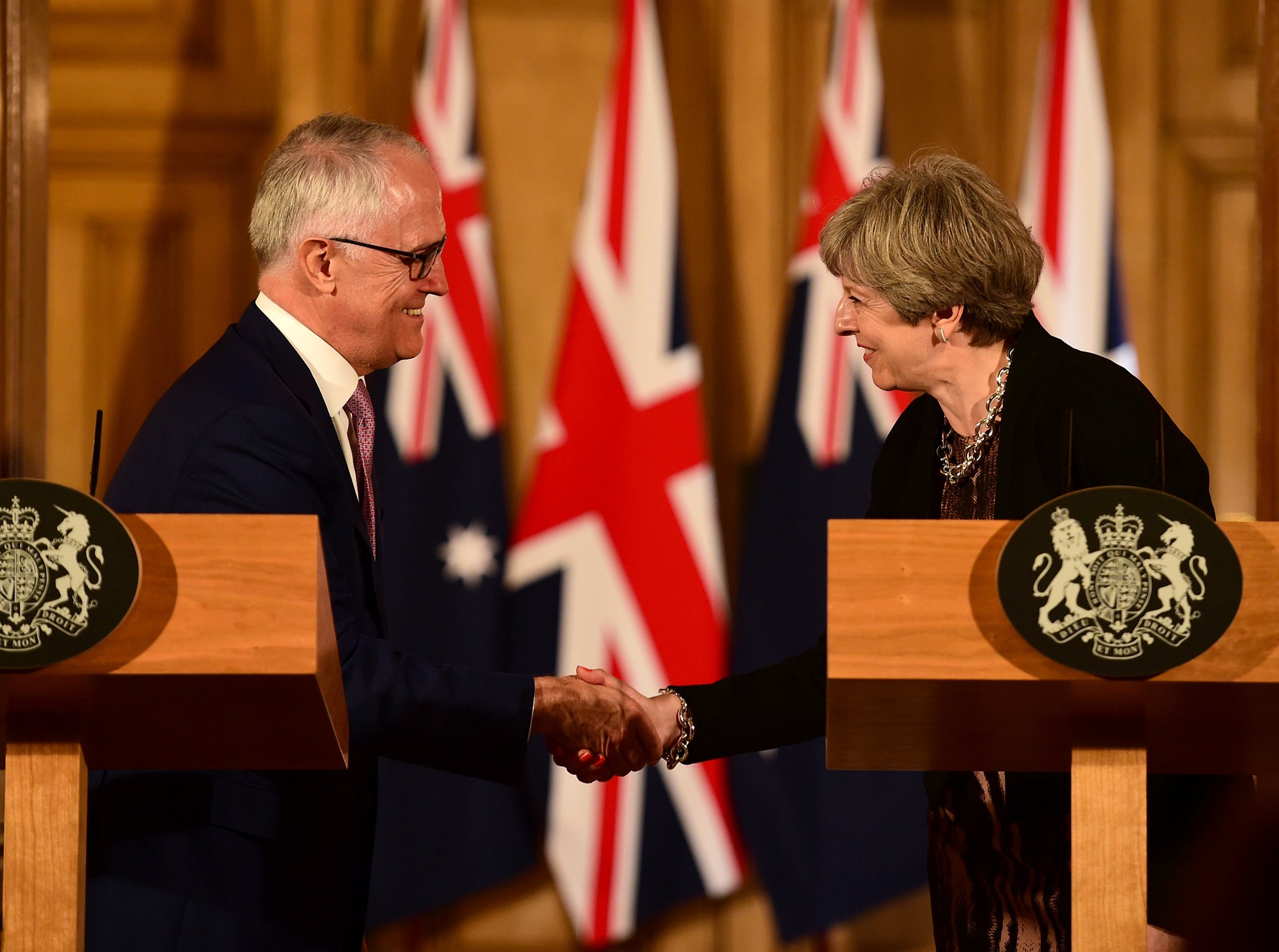
Australia has been perhaps the most positive about a trade deal with the UK after Brexit. The country’s Prime Minister Malcolm Turnbull said he was “very keen” to do a deal with the UK “as quickly as possible”, in a joint press conference with Theresa May last year. Australia is, however, a relatively small player on the world stage, with an economy well out of the top 10 and roughly the size of Spain.
Australia is also already negotiating a free trade deal with the EU, having opened preparatory talks with the bloc years ago – so Britain may not actually gain any new advantage from negotiating a separate agreement.

Join our commenting forum
Join thought-provoking conversations, follow other Independent readers and see their replies
Comments